- myFICO® Forums
- Types of Credit
- Credit Cards
- Math help on how long it'd take to pay off my card
- Subscribe to RSS Feed
- Mark Topic as New
- Mark Topic as Read
- Float this Topic for Current User
- Bookmark
- Subscribe
- Mute
- Printer Friendly Page
Math help on how long it'd take to pay off my card
Is your credit card giving you the perks you want?
Browse credit cards from a variety of issuers to see if there's a better card for you.
- Mark as New
- Bookmark
- Subscribe
- Mute
- Subscribe to RSS Feed
- Permalink
- Report Inappropriate Content
Math help on how long it'd take to pay off my card
Math was never my string suit so I need an estimation of how long it'd take to pay off my discover card. The tricky thing is, part of it is currently in different promo periods.
Statement balance: 13976.17
It tells me that paying 544 a month pays it off in 36 months, I pay 600 a month.
8836.04 balance has 25.99% apr
1872.9 balance has 0.00% apr (expiring 8/2023)
3160.67 balance has 3.99% apr (expiring 11/2023)
How long would it take to pay it off with paying 600 on it every month? (Not sure how much less than 3 years that'd bring it down to)
- Mark as New
- Bookmark
- Subscribe
- Mute
- Subscribe to RSS Feed
- Permalink
- Report Inappropriate Content
Re: Math help on how long it'd take to pay off my card
The first question would be what method Discover uses to apply the monthly payments. Often, payments apply to the promotional balance before you pay down the normal interest-bearing balance. Let's assume that is the case, as it's the more conservative assumption.
I believe your answer is you'd save about 4 months of payments at $600 versus $544, shortening the payoff down to about 32 months.
I'll just do rough numbers. Assuming your $600 first goes towards the $1872.90, that's about three months of payments in the 0% balance. The 3.99% interest on your $3,160.67 would be about $11 a month during this time so you're adding about $33 in debt. Let's say that balance goes to $3200. According to an online loan calculator, that would take about 5.5 months to pay off. Let's round that to six months for simplicity. You're at about 9 months total.
The balance on your $8836 would have risen about $1,880 from interest charges in 9 months, giving you a new balance of roughly 10,715. My loan calculator estimates about 23 months to pay off that balance at 25.99%.
Total payoff 3+6+23 = about 32 months. (If you did exact numbers to the penny, you'd probably find the more accurate number is 31 months @$600 and then a lesser partial-month payment the last month. I did those quick calculations with my cellphone and web applications. I'll leave it to our financial guru's armed with spreadsheets to do the more exacting breakdown. Lol) ![]()






















Business Cards









Length of Credit > 40 years; Total Credit Limits >$936K
Top Lender TCL - Chase 156.4 - BofA 99.9 - CITI 96.5 - AMEX 95.0 - NFCU 80.0 - SYCH - 65.0
AoOA > 31 years (Jun 1993); AoYA (Oct 2024)
* Hover cursor over cards to see name & CL, or press & hold on mobile app.
- Mark as New
- Bookmark
- Subscribe
- Mute
- Subscribe to RSS Feed
- Permalink
- Report Inappropriate Content
Re: Math help on how long it'd take to pay off my card
@Winchester2005 wrote:Math was never my string suit so I need an estimation of how long it'd take to pay off my discover card. The tricky thing is, part of it is currently in different promo periods.
Statement balance: 13976.17
It tells me that paying 544 a month pays it off in 36 months, I pay 600 a month.
8836.04 balance has 25.99% apr
1872.9 balance has 0.00% apr (expiring 8/2023)
3160.67 balance has 3.99% apr (expiring 11/2023)
How long would it take to pay it off with paying 600 on it every month? (Not sure how much less than 3 years that'd bring it down to)
I'd consider moving at least the $8800 at 26% APR to a $0 BT fee, 0% APR card for the longest intro period you can get, say 21 months? That's $420 per month. Leaving the $1900 at 0% APR until Aug '23 is $211 per month. Leaving the $3200 at 4% APR until Nov '23 will be about $273 per month. Can you swing $420 + $211 + $273 = $904 / mo, or is that too much?
5% CB rotating:
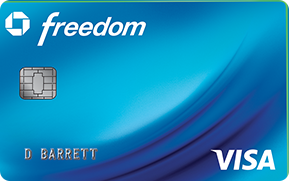

 ;
;Everyday 3% CB:
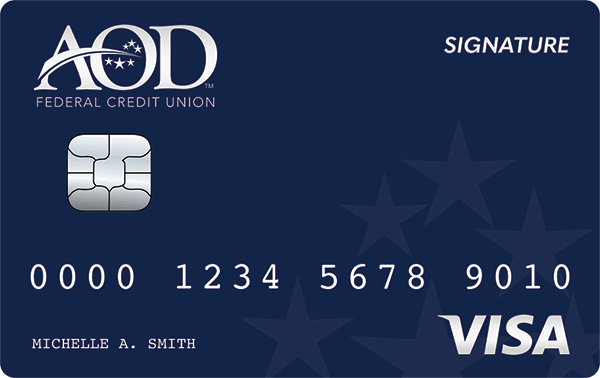 ;
;Everyday 5%:

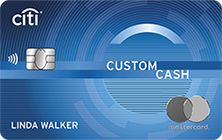


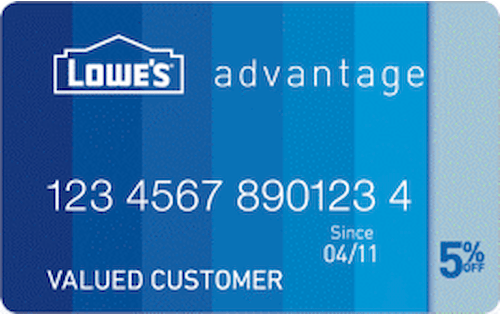

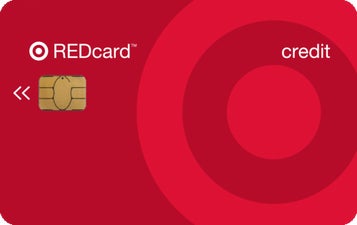 ;
;Companion Card:
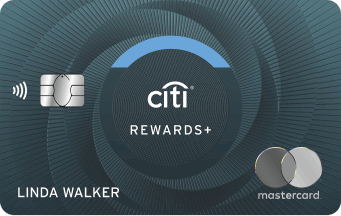 ;
;Everyday 2.2% CB:
 ;
;Retired to sock drawer after AOD (kept alive w/ 1 purchase every 6 mo):
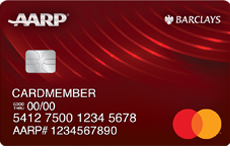
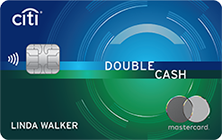
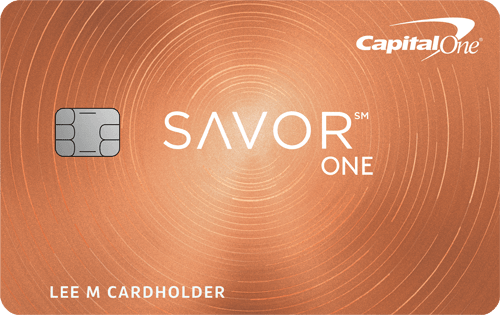 ;
;On my radar:
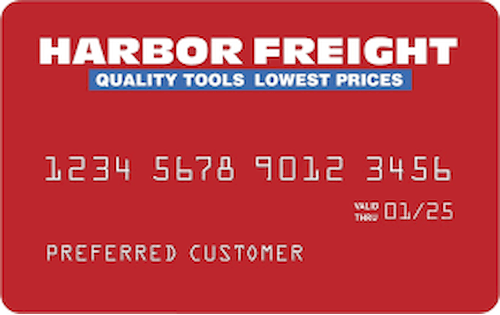
 ;
;Still Waiting for an Invite:
 ;
;No hope:
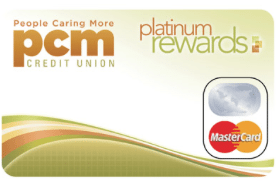
- Mark as New
- Bookmark
- Subscribe
- Mute
- Subscribe to RSS Feed
- Permalink
- Report Inappropriate Content
Re: Math help on how long it'd take to pay off my card
@ptatohed wrote:I'd consider moving at least the $8800 at 26% APR to a $0 BT fee, 0% APR card for the longest intro period you can get, say 21 months? That's $420 per month. Leaving the $1900 at 0% APR until Aug '23 is $211 per month. Leaving the $3200 at 4% APR until Nov '23 will be about $273 per month. Can you swing $420 + $211 + $273 = $904 / mo, or is that too much?
Refinancing to save money on interest payments is a good thought, @ptatohed. However, this case is a little complicated due to the large balance with three different tiers of interest charges. Similar to how I believe Discover will apply payments towards those balances, a balance transfer to a different credit card would be treated the same way. So @Winchester2005 couldn't transfer the $8800 until after he transferred the other promotional balances (and therefore, lost the promotional APRs on the account.)
I don't know his credit limit/utilization and how that might be affecting his credit scores, but with almost $14K debt showing on his report it could be difficult to get an equivalent amount of new credit on other cards where he could transfer the entire amount. It might take a couple of new card approvals to transfer the entire balance.
One suggestion in the absence of a new card is to look for promotional BTs on any other cards he currently holds. Let's say there's a card (2) with a $2K balance. Make minimum payments for three months on the Discover while accelerating the payoff on the card (2). Then apply for a promotional BT on card (2) if one is available and if the credit limit is sufficient to cover all or most of the balance. If balances are transferred off of Discover to a $0 balance, that would free it up to move it back over later (when the other promotional APRs expire) without having to pay the 25.99% APR. I did that shell game some many years ago when I was paying off some large debts.
One consideration of moving those balances off the Discover BT offer is that he probably already paid BT fees to get the promotional APR. Transferring the balances early probably means more fees, which complicates the savings/cost calculations of the debt.
This is a great example of how lenders sometimes "trap" consumers with BT offers. I would imagine OP already had some debt on Discover (at normal APR) and then moved balances on the BT offer, or perhaps did the BT offer but continued to use the card for new charges. Either way, the lender allows some debt to be stuck at the higher standard APR until it is fully repaid. The non-promotional APR debt is always the last to get paid-off. The solution to this is to (1) make sure there is a $0 balance on a card before transferring a balance and (2) stop using that card while it has a promotional balance. That way, you might pay a 5% BT fee for a 12-month 0.00% interest BT, so you're effectively getting to finance that balance at 5% APR.






















Business Cards









Length of Credit > 40 years; Total Credit Limits >$936K
Top Lender TCL - Chase 156.4 - BofA 99.9 - CITI 96.5 - AMEX 95.0 - NFCU 80.0 - SYCH - 65.0
AoOA > 31 years (Jun 1993); AoYA (Oct 2024)
* Hover cursor over cards to see name & CL, or press & hold on mobile app.
- Mark as New
- Bookmark
- Subscribe
- Mute
- Subscribe to RSS Feed
- Permalink
- Report Inappropriate Content
Re: Math help on how long it'd take to pay off my card
@Aim_High wrote:The first question would be what method Discover uses to apply the monthly payments. Often, payments apply to the promotional balance before you pay down the normal interest-bearing balance. Let's assume that is the case, as it's the more conservative assumption.
Might not make much difference, but I think the CARD Act stipulate that the minimum payment can be applied to any balance (so frequently the issuer will apply it to the lowest APR) but anything over the minimum must go to the highest APR. If that's still the case, the full 600 won't be used to pay off the 0% On the other hand it will be lowering the highest APR, so the actual payoff may be just a little quicker, but possibly not much!
- Mark as New
- Bookmark
- Subscribe
- Mute
- Subscribe to RSS Feed
- Permalink
- Report Inappropriate Content
Re: Math help on how long it'd take to pay off my card
@Anonymous wrote:
@Aim_High wrote:The first question would be what method Discover uses to apply the monthly payments. Often, payments apply to the promotional balance before you pay down the normal interest-bearing balance. Let's assume that is the case, as it's the more conservative assumption.
Might not make much difference, but I think the CARD Act stipulate that the minimum payment can be applied to any balance (so frequently the issuer will apply it to the lowest APR) but anything over the minimum must go to the highest APR. If that's still the case, the full 600 won't be used to pay off the 0% On the other hand it will be lowering the highest APR, so the actual payoff may be just a little quicker, but possibly not much!
Good to know, not that I plan to do it. Lol ![]() I've always been careful *NOT* to have balances at the normal APR when I did BT offers, so I didn't have experience with how payments were applied in this situation. I did find a reference to how payments are applied at consumer finance.gov. So yes, this further complicates calculating the exact payoff timeline since payments would be divided among the three balances monthly. But it's also true that the actual payoff length and total interest paid is probably not much different.
I've always been careful *NOT* to have balances at the normal APR when I did BT offers, so I didn't have experience with how payments were applied in this situation. I did find a reference to how payments are applied at consumer finance.gov. So yes, this further complicates calculating the exact payoff timeline since payments would be divided among the three balances monthly. But it's also true that the actual payoff length and total interest paid is probably not much different.
At any rate, it's best of course to totally avoid this situation if at all possible since you're stuck paying that higher rate on a portion of your balance until it's all paid off.






















Business Cards









Length of Credit > 40 years; Total Credit Limits >$936K
Top Lender TCL - Chase 156.4 - BofA 99.9 - CITI 96.5 - AMEX 95.0 - NFCU 80.0 - SYCH - 65.0
AoOA > 31 years (Jun 1993); AoYA (Oct 2024)
* Hover cursor over cards to see name & CL, or press & hold on mobile app.
- Mark as New
- Bookmark
- Subscribe
- Mute
- Subscribe to RSS Feed
- Permalink
- Report Inappropriate Content
Re: Math help on how long it'd take to pay off my card
from the discover card member agreement:
| How We Apply Payments | We apply payments and credits at our discretion, including in a manner most favorable or convenient for us. In all cases, we will apply payments and credits as required by applicable law. | Each billing period, we will generally apply amounts you pay that exceed the Minimum Payment Due to balances with higher APRs before balances with lower APRs as of the date we credit your payment. |
given that, I imagine a payment schedule that looks something like this for 30 months.
| apr | balance | apr | balance | apr | balance | |
| 25.99 | 8836 | 3.99 | 3161 | 0.00 | 1873 | |
| 12/01/22 | -600 | 8427 | 0 | 3171 | 0 | 1873 |
| 01/01/23 | -600 | 8010 | 0 | 3182 | 0 | 1873 |
| 02/01/23 | -600 | 7583 | 0 | 3192 | 0 | 1873 |
| 03/01/23 | -600 | 7148 | 0 | 3203 | 0 | 1873 |
| 04/01/23 | -600 | 6702 | 0 | 3214 | 0 | 1873 |
| 05/01/23 | -600 | 6248 | 0 | 3224 | 0 | 1873 |
| 06/01/23 | -600 | 5783 | 0 | 3235 | 0 | 1873 |
| 07/01/23 | -600 | 5308 | 0 | 3246 | 0 | 1873 |
| 08/01/23 | -600 | 4823 | 0 | 3257 | 0 | 1873 |
| apr | balance | apr | balance | |
| 25.99 | 6696 | 3.99 | 3257 | |
| 09/01/23 | -600 | 6241 | 0 | 3268 |
| 10/01/23 | -600 | 5776 | 0 | 3279 |
| 11/01/23 | -600 | 5301 | 0 | 3290 |
| apr | balance | |
| 25.99 | 8591 | |
| 12/01/23 | -600 | 8177 |
| 01/01/24 | -600 | 7754 |
| 02/01/24 | -600 | 7322 |
| 03/01/24 | -600 | 6881 |
| 04/01/24 | -600 | 6430 |
| 05/01/24 | -600 | 5969 |
| 06/01/24 | -600 | 5498 |
| 07/01/24 | -600 | 5017 |
| 08/01/24 | -600 | 4526 |
| 09/01/24 | -600 | 4024 |
| 10/01/24 | -600 | 3511 |
| 11/01/24 | -600 | 2987 |
| 12/01/24 | -600 | 2452 |
| 01/01/25 | -600 | 1905 |
| 02/01/25 | -600 | 1346 |
| 03/01/25 | -600 | 775 |
| 04/01/25 | -600 | 192 |
| 05/01/25 | -196 | 0 |
that 26% apr is a dream killer, I would find a way to lower that starting now.
| total of balances | total of payments | total of interest |
| 13870 | -17596 | -3726 |
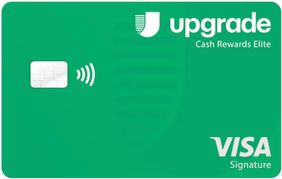 9/2022 $30000 |  8/2020 $20000 | 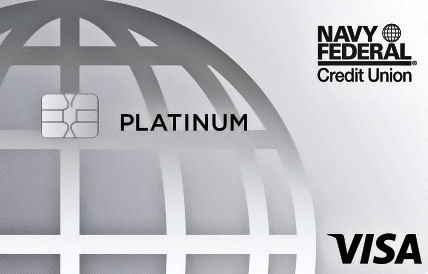 12/2018 $30000 | 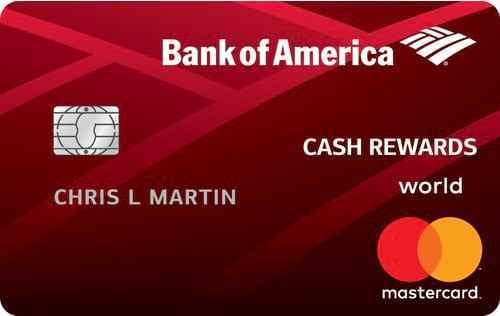 8/2016 $30000 | 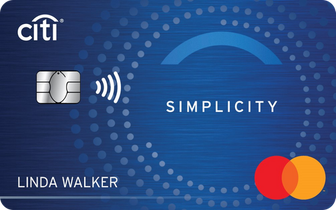 3/2016 $21000 | 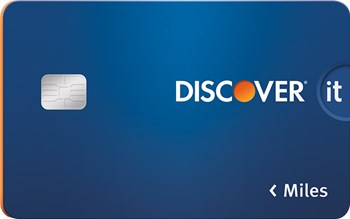 5/2014 $20000 |  10/2007 $8900 |
- Mark as New
- Bookmark
- Subscribe
- Mute
- Subscribe to RSS Feed
- Permalink
- Report Inappropriate Content
Re: Math help on how long it'd take to pay off my card
@SlideOrInsert wrote:
from the discover card member agreement. ...
given that, I imagine a payment schedule that looks something like this for 30 months.
Thanks, @SlideOrInsert. I knew someone wouldn't be able to resist spread-sheeting it out! Lol Thanks for the details. So I made a conservative assumption about application of payments and fat-fingered-it-out late night on my cellphone and I was off by about a month or so. Not bad, I'll take it! ![]()
And yes, the table goes to show (29) months at $600 and then the final (30th) month's payment of $196.






















Business Cards









Length of Credit > 40 years; Total Credit Limits >$936K
Top Lender TCL - Chase 156.4 - BofA 99.9 - CITI 96.5 - AMEX 95.0 - NFCU 80.0 - SYCH - 65.0
AoOA > 31 years (Jun 1993); AoYA (Oct 2024)
* Hover cursor over cards to see name & CL, or press & hold on mobile app.
- Mark as New
- Bookmark
- Subscribe
- Mute
- Subscribe to RSS Feed
- Permalink
- Report Inappropriate Content
Re: Math help on how long it'd take to pay off my card
@SlideOrInsert wrote:from the discover card member agreement:
How We Apply Payments We apply payments and credits at our discretion, including in a manner most favorable or convenient for us. In all cases, we will apply payments and credits as required by applicable law. E
Good, I can't count the number of times companies say stuff like "We will disregard the law as we see fit!"